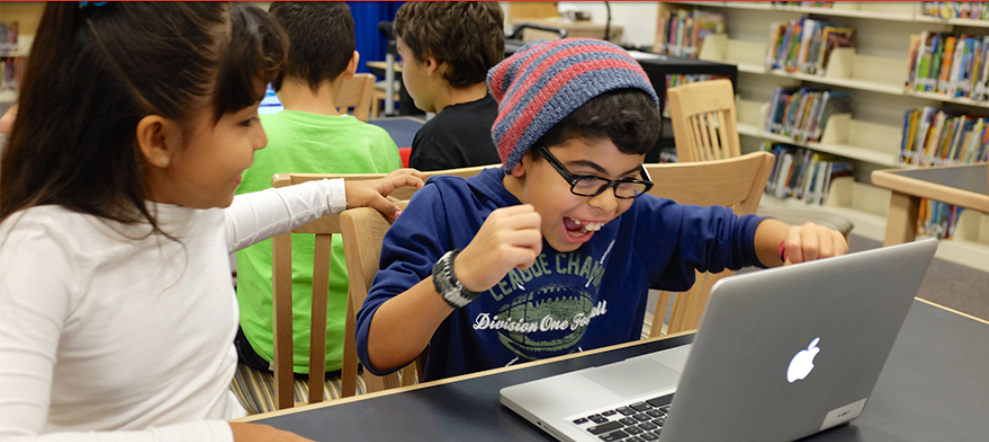
Editor’s note: This commentary from Bruno V. Manno, senior advisor to the Walton Family Foundation’s K-12 Program and a reimaginED contributor, appeared Monday on RealClear Education.
Back-to-school stories this year will focus, naturally, on the Covid-19 pandemic’s toll on students and families and on remedying these difficulties.
But another story is being shortchanged: It’s about how parents sought new options for their children like homeschooling, small learning pods, and micro-schools, with civic entrepreneurs and their partners creating new organizations or expanding existing ones to meet this demand.
This story suggests a promising path forward for K-12 education – parent-directed, student-centered, and pluralistic, offering more educational and support options to families.
The story begins with the pandemic shock to our way of schooling. The lockdowns unbundled the familiar division of responsibilities between home, school, and community organizations, with parents eventually rebundling school services to meet their family’s needs.
The result: nearly 18% of parents changed their child’s school, a figure 75% higher than historical averages. Thirteen percent also enrolled their child in small learning pods, supplementing regular school. Overall, 2.6 million students exited district and private schools, enrolling in charter schools, homeschooling, micro-schools, and other options.
This familiar American story of disruption spurring new capacity and innovation has three lessons for shaping the future educational landscape.
First, many parents don’t want “the old normal.” Two of three parents (66%) would rethink “how we educate students, coming up with new ways to teach.” Only one-third believe that schools “should get back to the way things were.” More than half (53%) support pods, with Black and Hispanic parents (60%) more supportive than white parents (53%). Overall, only 14% oppose them.
To continue reading, click here.


